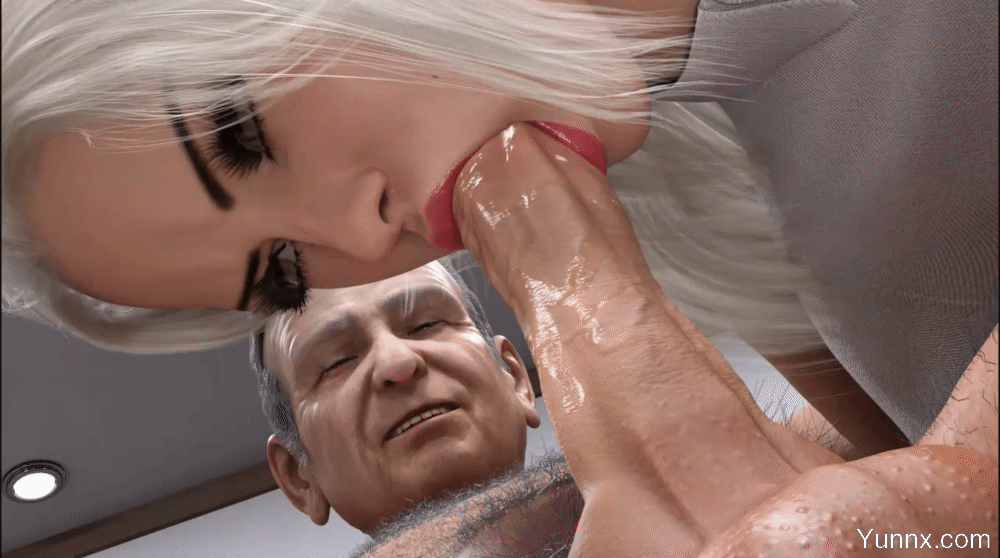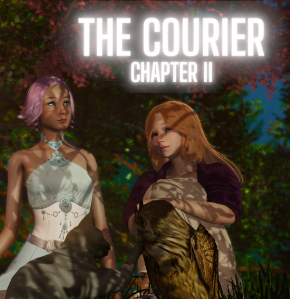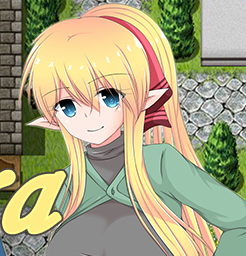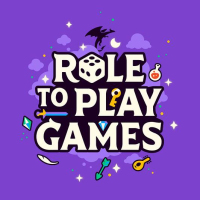Enlargements is a choice-driven narrative experience that places you at the heart of a moral crossroads. Your decisions—kind or cruel, selfless or selfish—will shape the fate of a woman caught in a life-altering turning point. Every word, every action, writes her story… and yours.
A Life on the Brink: Who Is “Her”?
1. The Woman Behind the Choice: Meet Elara, a 28-year-old freelance artist grappling with a sudden crisis. A decade ago, she walked away from a privileged but suffocating family legacy to pursue her passion for mural painting. Now, her estranged father—CEO of a powerful corporation—is offering her a lifeline: a lucrative deal that could save her struggling community center… but at the cost of abandoning her principles. Her world is fragile, her trust brittle, and her future hangs on a single decision: take the offer or stay true to herself.
2. Your Role: Stranger, Friend, or Foe?: You are no stranger to Elara. Maybe you’re her childhood neighbor who watched her paint murals on the garage, or a fellow artist who shared studio space with her, or even a former classmate who once criticized her “unrealistic dreams.” Your history with her colors every interaction—she’ll trust your advice differently if you’ve always believed in her, or question your motives if you once doubted her.
3. The Stakes Are Personal: This isn’t abstract morality. Elara’s choice ripples through her community: the teens who rely on free art workshops at the center, the elderly who volunteer there, and even her own mental health. If she takes the deal, the center becomes a corporate-sponsored space—polished, profitable, but soulless. If she refuses, it might close, leaving dozens adrift. Your guidance could be the lifeline she needs… or the push that breaks her.
The Weight of Every Word: Moral Choices in Action
1. Small Decisions, Big Impacts: Morality here isn’t black-and-white. Early on, you might help Elara brainstorm ideas for the center’s fundraiser. Do you suggest partnering with a local bakery (supporting small business, but risky if they back out) or a big chain (guaranteed funds, but “selling out”)? Later, when her father pressures her to sign a non-disclosure agreement, do you urge her to “just sign—it’s standard” or “read every line—they’re hiding something”? These choices, however minor they seem, build Elara’s trust in you… and her confidence in herself.
2. The “Good Guy” Trap: Playing the hero isn’t easy. If you push Elara to reject the deal, she might lose financial security, straining her ability to pay rent or afford art supplies. Her father could cut ties, leaving her isolated. Conversely, if you encourage her to take the offer, she might gain stability but resent you for “selling her soul.” There’s no “perfect” path—only trade-offs, and the guilt (or relief) that comes with them.
3. Moments of Vulnerability: Elara isn’t a passive pawn. She’ll challenge you: “Why do you think I should trust you?” or “What would you do in my shoes?” These moments demand authenticity. A dismissive reply could push her away; a heartfelt admission of your own flaws (“I messed up once too”) might deepen your bond. Her reactions feel human—nervous pauses, tearful outbursts, sudden bursts of laughter—making every interaction feel raw and real.
The Ripple Effect: How Your Choices Rewrite Her Story
1. Ending 1: The Rebel’s Triumph: If you champion her independence, Elara finds creative ways to fund the center—crowdfunding campaigns, community art auctions, even a viral social media campaign. The center thrives, but her father disowns her. In the end, she paints a mural of a phoenix rising from ashes, with your name hidden in the details. “You taught me to fight,” she tells you.
2. Ending 2: The Compromise: If you urge her to take the deal, Elara negotiates secretly: the center retains its name and mission, but the corporation funds its expansion. She’s conflicted but hopeful—until she discovers hidden clauses giving the company ownership of her art. Now, she must choose: stay silent and protect the center, or blow the whistle and risk everything. Your advice here determines whether she becomes a martyr or a collaborator.
3. Ending 3: The Quiet Exit: If you withdraw support—too afraid to get involved—Elara makes the choice alone. She signs the deal, thinking she’s doing it for the greater good. Months later, you visit the center, now sleek and corporate, and find her staring at a blank canvas. “I used to paint for me,” she says. “Now I paint for them.” It’s a bittersweet ending—one that haunts you long after the credits roll.




















Preview: